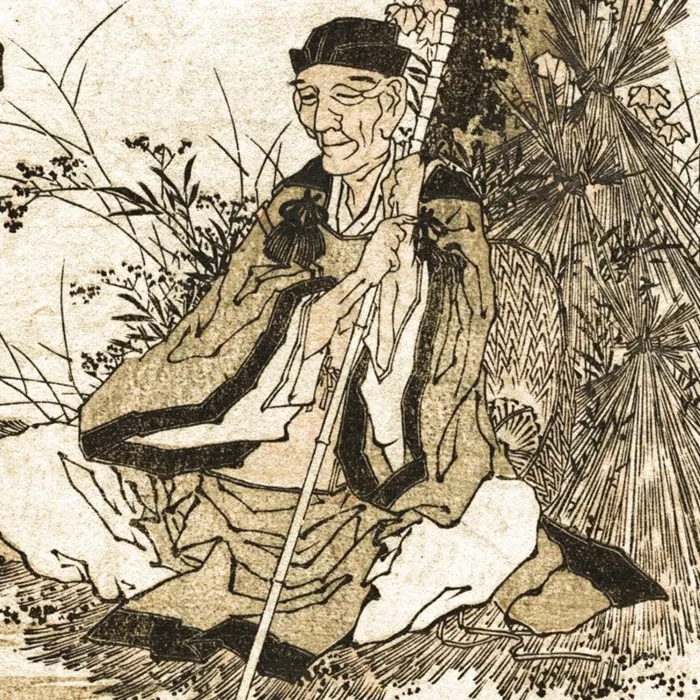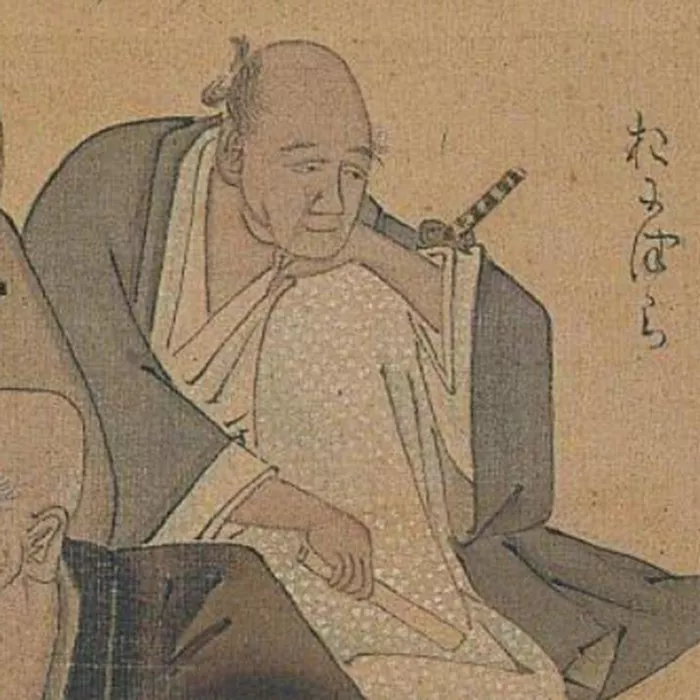
Uejima Onitsura
Uejima Onitsura (1661–1738) was a prominent Japanese haiku poet of the early Edo period. Known for his deep simplicity and refined aesthetic, Onitsura’s haiku often reflected a strong connection to nature and Zen principles. His work, alongside Matsuo Bashō, helped establish haiku as a serious literary form in Japan, blending beauty and insight through concise, evocative imagery.
Matsuo Bashō
Matsuo Bashō (1644–1694) is Japan’s most famous haiku poet, celebrated for his profound simplicity and mastery of the form. His works, such as The Narrow Road to the Deep North, capture nature’s fleeting beauty and human emotions. Bashō’s haiku revolutionized Japanese literature, intertwining Zen philosophy with poetic expression, influencing generations of poets and solidifying haiku as a major art form.
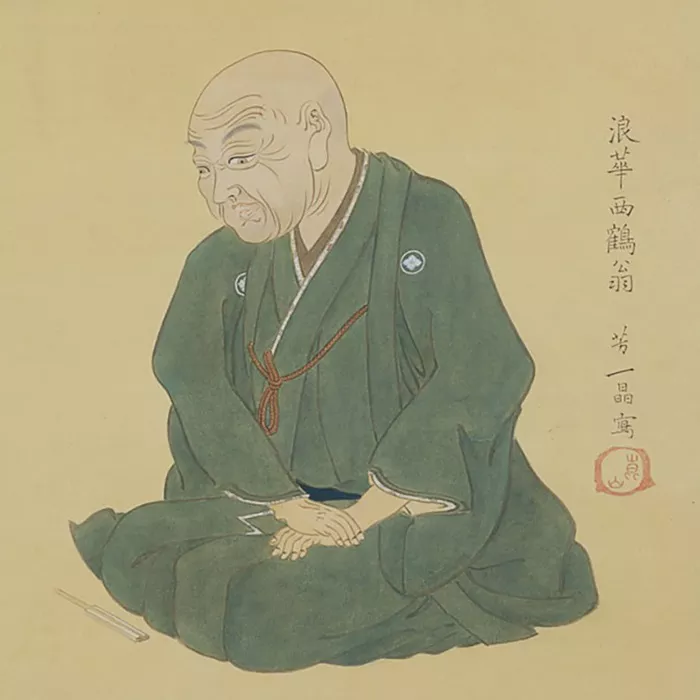
Ihara Saikaku
Ihara Saikaku (1642–1693) was a highly influential Japanese poet and novelist of the Edo period, best known for pioneering ukiyo-zōshi, or “books of the floating world.” Originally a master of haikai poetry, Saikaku later turned to prose, chronicling the lives of merchants, courtesans, and common people with wit and sharp social commentary. His works remain a vital part of Japan’s literary heritage.
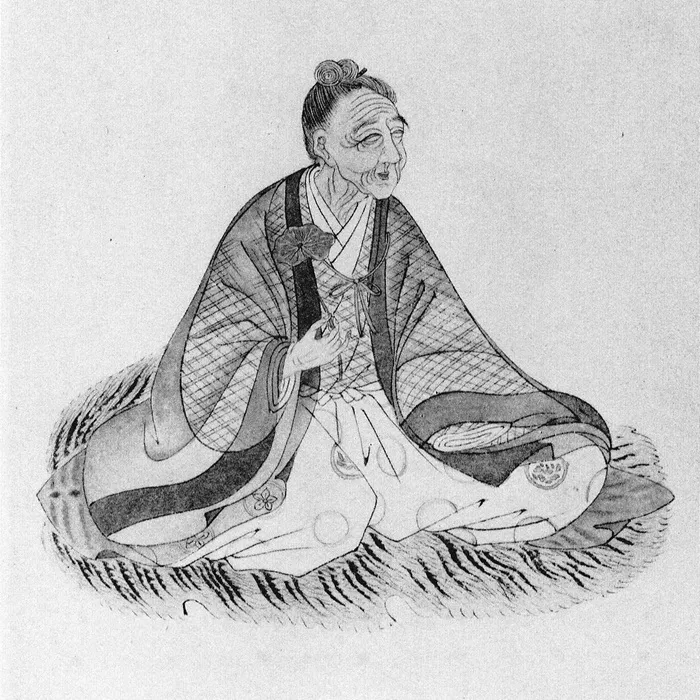
Matsunaga Teitoku
Matsunaga Teitoku(1571–1654) was a renowned Japanese haikai poet and scholar, and one of the founders of the Teimon school of haikai poetry. Teitoku emphasized wordplay and wit, blending classical Japanese literary tradition with humor and accessibility. His influence helped transition haikai from a collaborative, playful form to a respected genre, laying the foundation for later poets like Bashō.
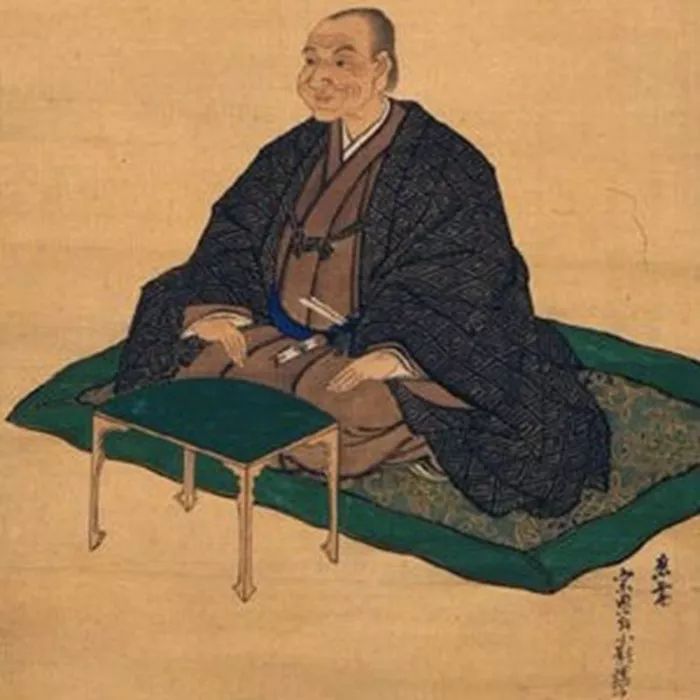
Nishiyama Sōin
Nishiyama Sōin (1605–1682) was a prominent haikai poet and the founder of the Danrin school of haikai, which emphasized humor, wit, and light-heartedness. In contrast to the more serious styles of his predecessors, Sōin’s approach celebrated everyday life and spontaneous creativity. His works contributed to the evolving tradition of haikai, influencing the future development of Japanese poetry.
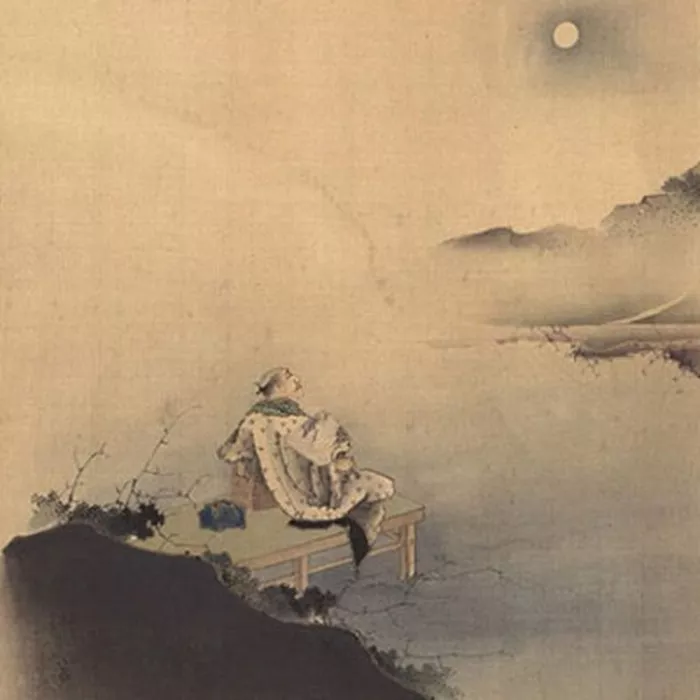
Mizuta Masahide
Mizuta Masahide (1657–1723) was a Japanese samurai and poet, closely associated with Matsuo Bashō. His haiku often conveyed philosophical depth and emotional restraint, focusing on nature and personal experiences. One of his most famous haiku, “My house burned down—now I can see the moon,” reflects his contemplative and Zen-influenced style. Masahide’s work remains admired for its wisdom and simplicity.
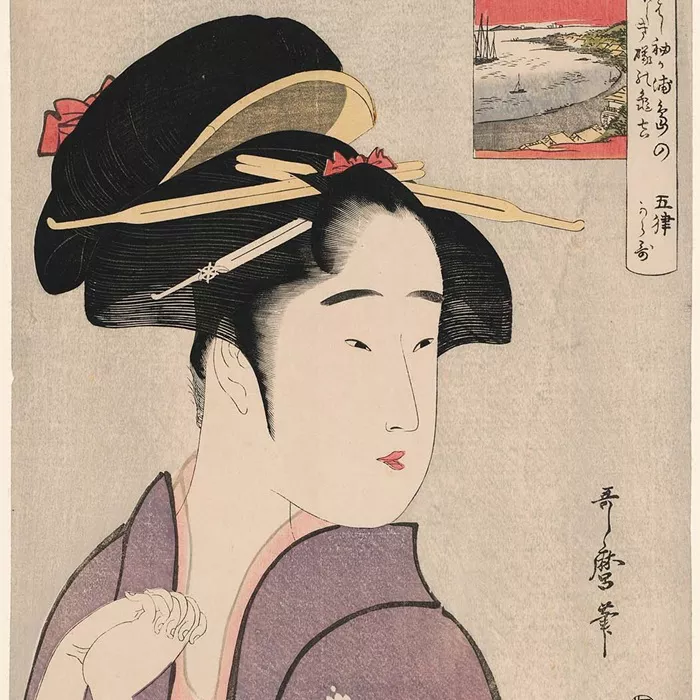
Enomoto Seifu
Enomoto Seifu (1732–1815) was a distinguished Japanese poet of the late Edo period, recognized for his contributions to the development of haiku and haikai poetry. His work, which often blends vivid imagery with deep emotional resonance, reflects the aesthetic and philosophical ideals of his time. Seifu’s innovative style helped advance the genre, influencing contemporary and later poets.
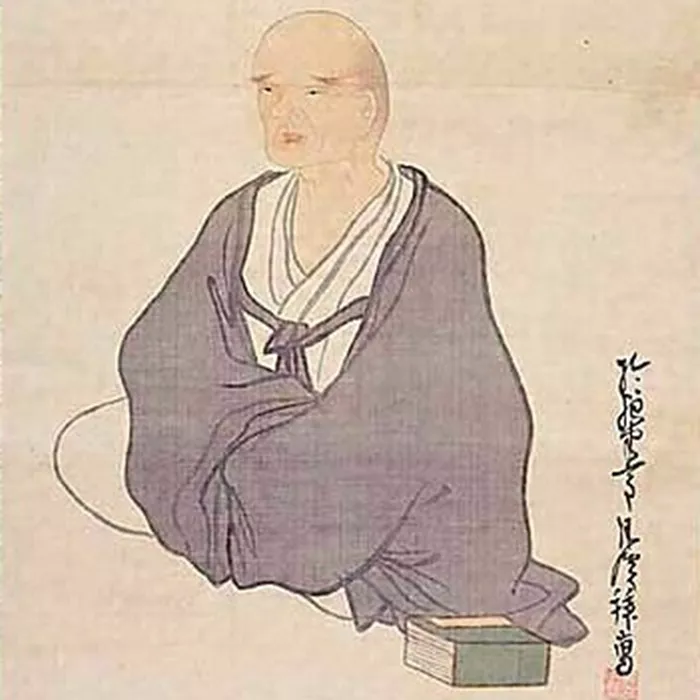
Yosa Buson
Yosa Buson (1716–1784) was a celebrated Japanese haiku poet and painter of the 18th century, renowned for his vivid imagery and refined sensibility. His haiku, which masterfully blend nature and personal emotion, reflect a deep connection to the natural world and the aesthetics of the ukiyo-e period. Buson’s work bridged the gap between traditional haikai and more modern forms of poetry.
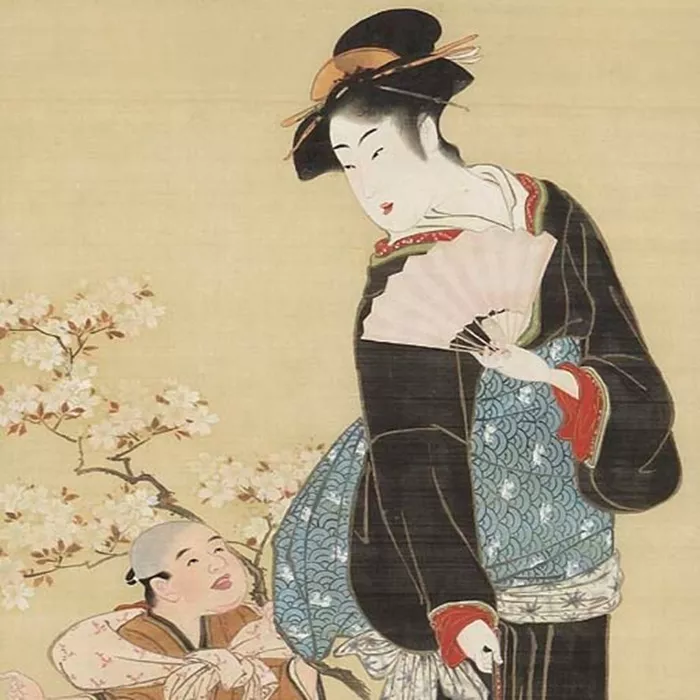
Ike Gyokuran
Ike Gyokuran (1727–1784) was a notable Japanese poet of the Edo period, recognized for her contribution to haiku and haikai poetry. As one of the few prominent female poets of her time, her work often explored themes of nature, love, and personal reflection with a delicate and insightful touch. Gyokuran’s poetry reflects both her emotional depth and her engagement with contemporary literary trends.
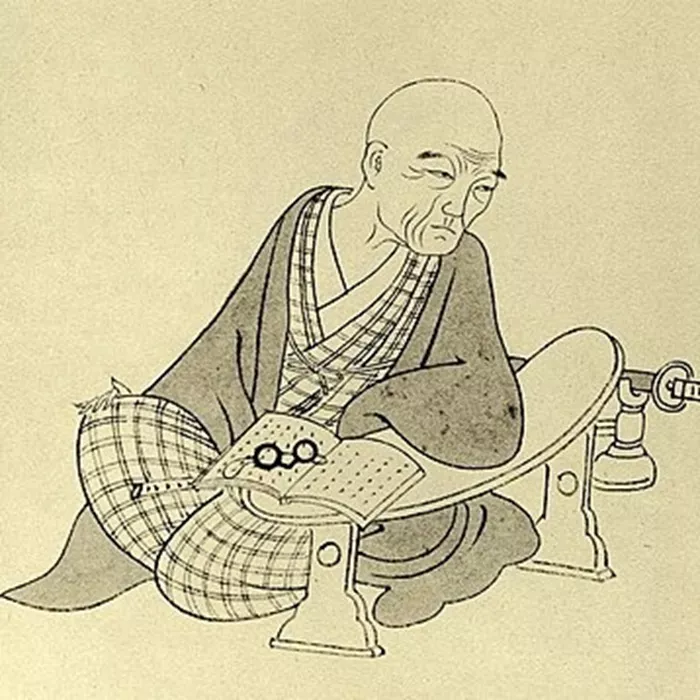
Yokoi Yayū
Yokoi Yayū (1702–1783) was an influential Japanese poet and scholar known for his work in haikai poetry and criticism. His poetry, characterized by its wit and refinement, often explored the nuances of human experience and nature. Yayū’s critical writings and poetry played a significant role in shaping the haikai tradition, influencing the direction of Japanese literary aesthetics during the Edo period.
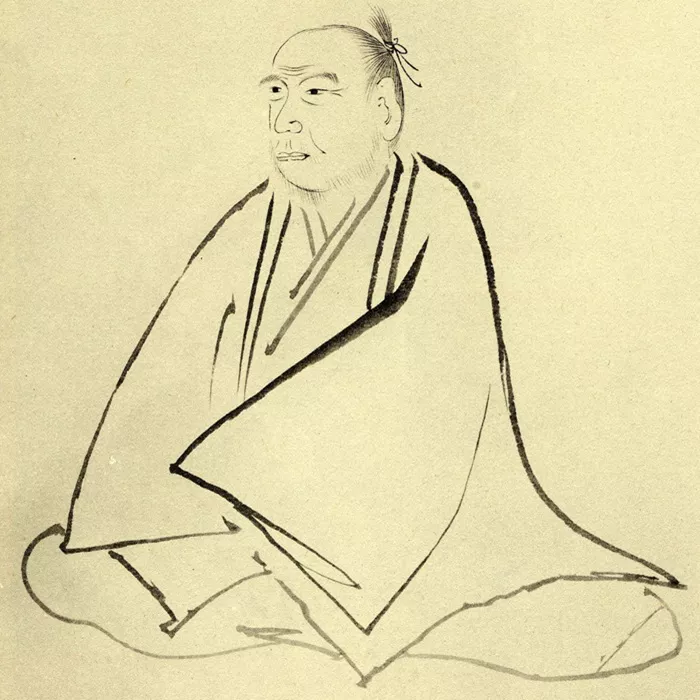
Kamo no Mabuchi
Kamo no Mabuchi (1697–1769) was a revered Japanese scholar and poet known for his profound contributions to waka and haikai poetry. His work, deeply rooted in classical Japanese literary traditions, emphasized the importance of poetic form and content. Mabuchi’s critical insights and poetic output helped to preserve and elevate traditional Japanese literature, impacting subsequent generations of poets.
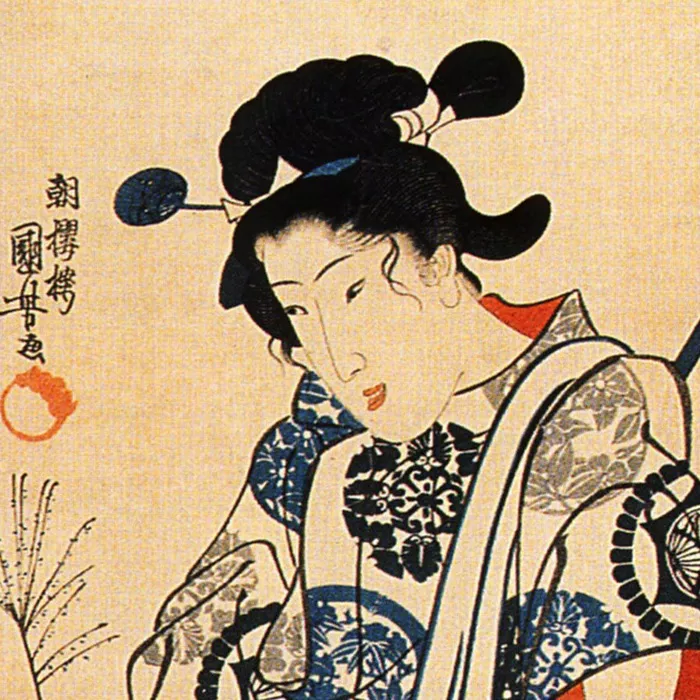
Fukuda Chiyo-ni
Fukuda Chiyo-ni (1703–1775) was a pioneering Japanese female haiku poet renowned for her delicate and expressive verse. Her haiku, often centered on nature and daily life, display a remarkable sensitivity and depth. Chiyo-ni’s work not only reflects her personal experiences but also highlights her role in expanding the reach and acceptance of female poets in 18th-century Japan.
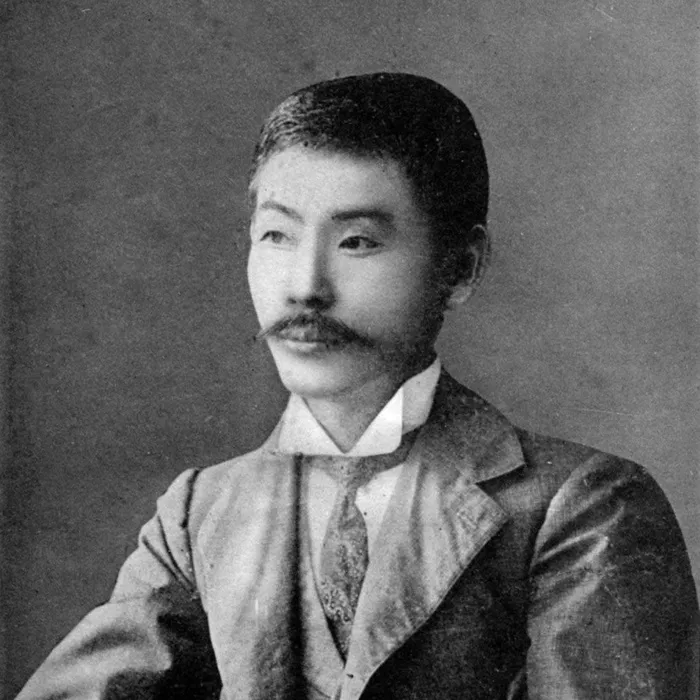
Doppo Kunikida
Doppo Kunikida (1871–1908) was a major Japanese poet and novelist of the Meiji era, renowned for his modernist sensibilities and emotional depth. His works often explored themes of existential angst, social critique, and personal reflection. Kunikida’s innovative style and introspective approach significantly influenced Japanese literature, bridging traditional and modern literary expressions during a transformative period in Japan.
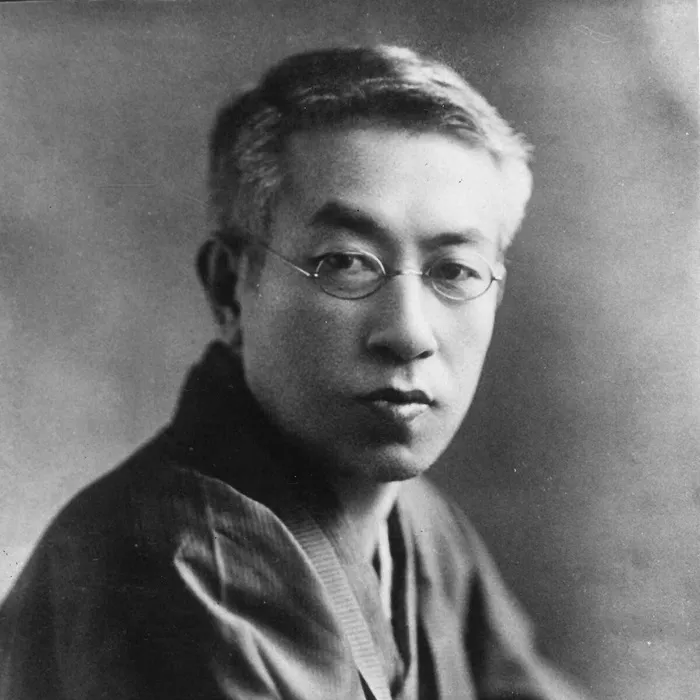
Tōson Shimazaki
Tōson Shimazaki (1872–1943) was a notable Japanese poet and novelist, whose work profoundly shaped modern Japanese literature. His writing, marked by psychological insight and realism, delved into themes of human emotion and societal issues. Shimazaki’s contributions, particularly his modernist techniques and exploration of complex characters, helped define the literary landscape of early 20th-century Japan.
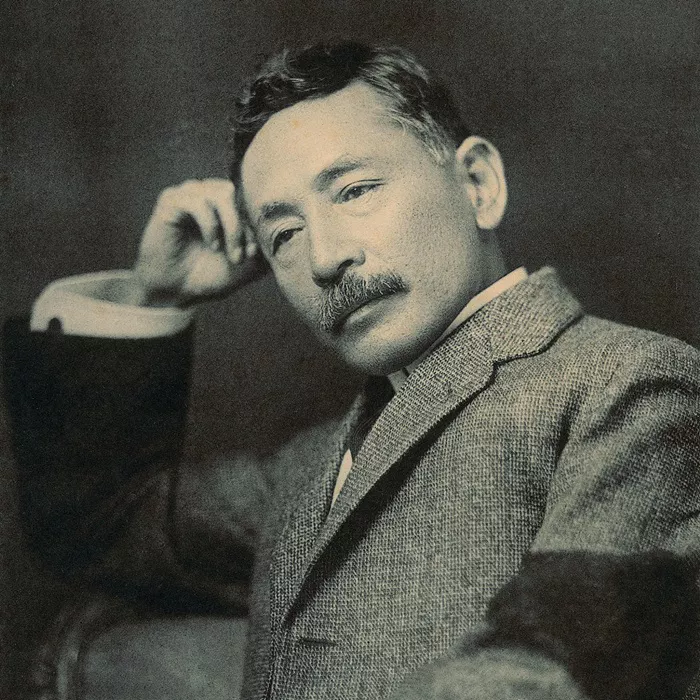
Natsume Sōseki
Natsume Sōseki (1867–1916) was a leading Japanese novelist and poet whose works are central to modern Japanese literature. Known for his novels and poetry, Sōseki explored themes of identity, existentialism, and societal change. His innovative narrative techniques and psychological depth reflect the cultural shifts of the Meiji era, establishing him as a pivotal figure in Japanese literary history.
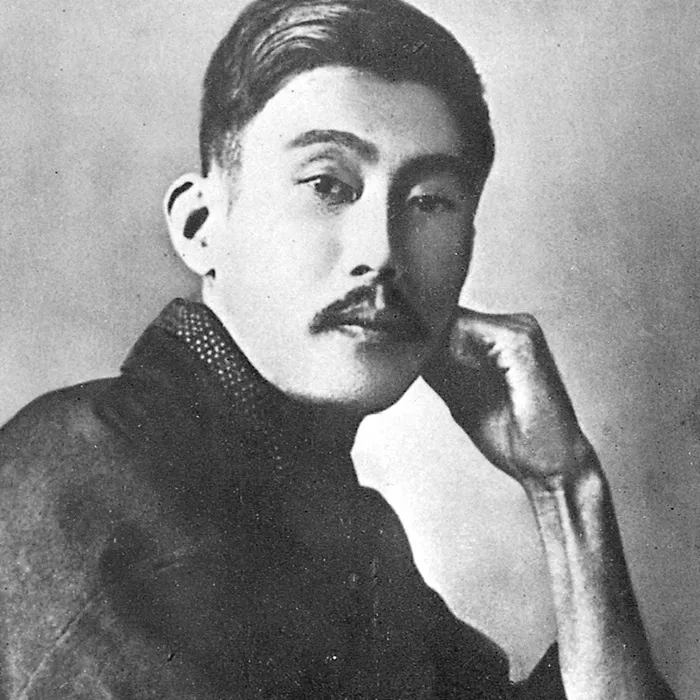
Ozaki Kōyō
Ozaki Kōyō (1868–1903) was a significant Japanese poet and novelist of the Meiji period, celebrated for his romantic and reflective poetry. His work, which blends traditional and modern elements, explores themes of nature, love, and human emotion. Kōyō’s contributions to Japanese literature bridged classical and contemporary styles, leaving a lasting impact on the literary landscape.
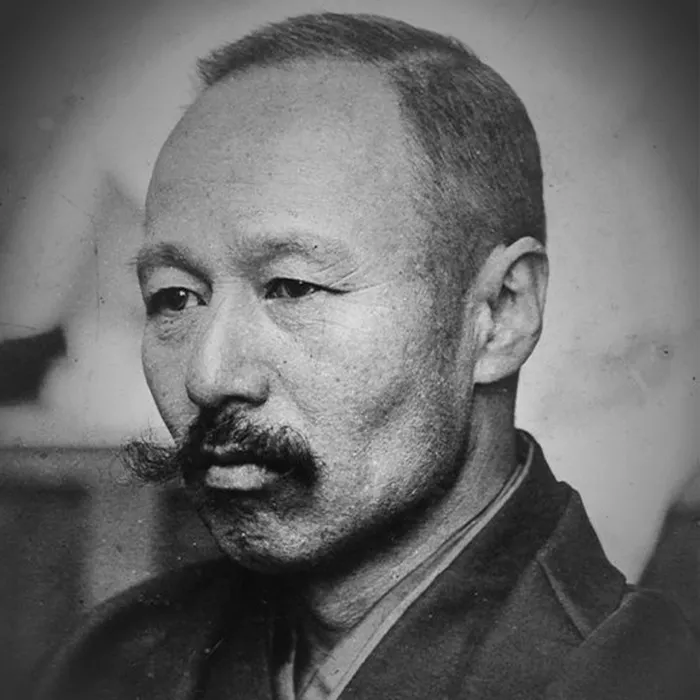
Ogai Mori
Ogai Mori (1862–1922) was a distinguished Japanese poet, novelist, and translator of the Meiji era, known for his exploration of psychological and societal themes. His work, which includes both prose and poetry, reflects a deep engagement with cultural and intellectual currents of the time. Mori’s innovative writing and translations helped shape modern Japanese literature and literary criticism.
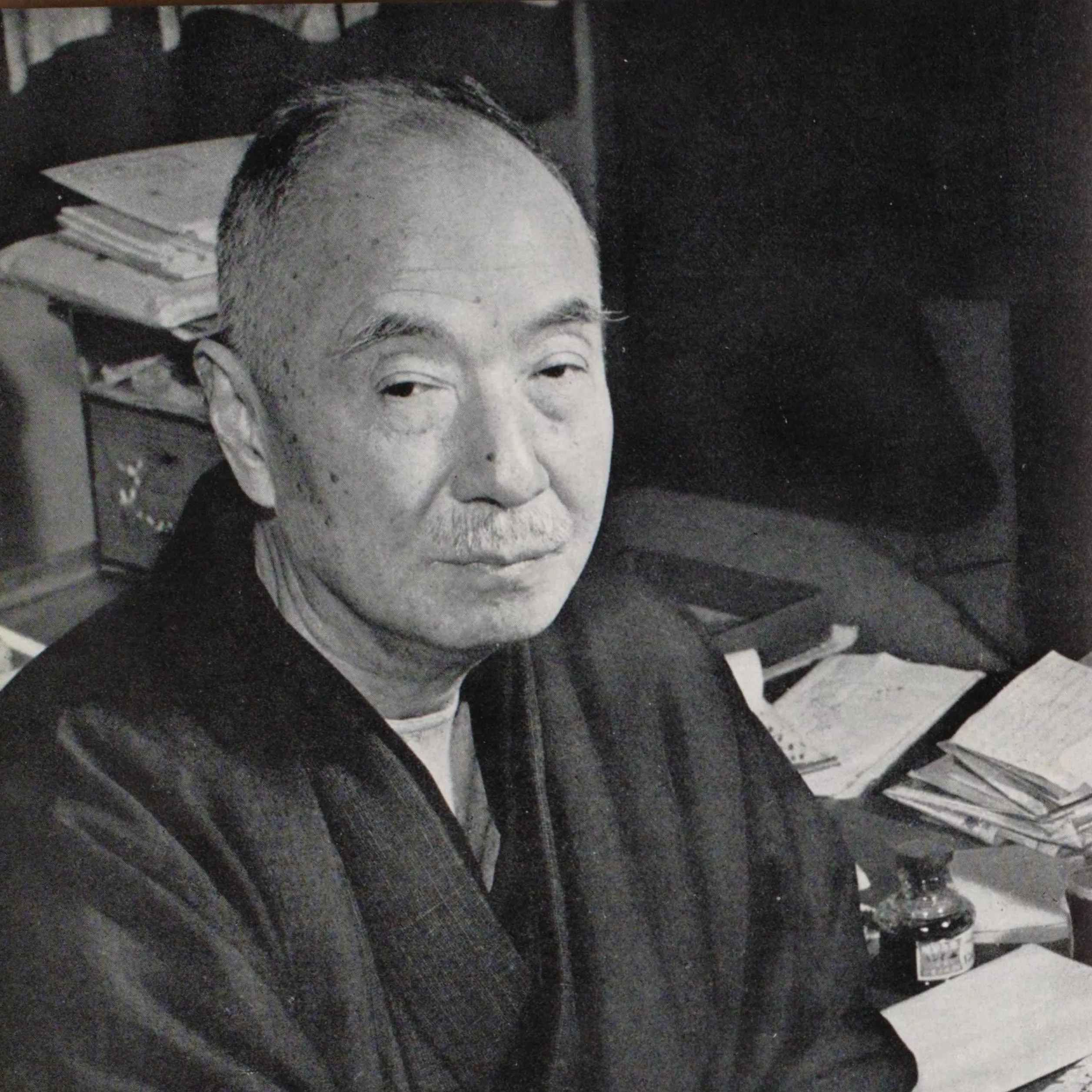
Kyoshi Takahama
Kyoshi Takahama (1874–1959) was a renowned Japanese haiku poet who revitalized the genre with his modernist approach. His poetry, characterized by emotional depth and vivid imagery, contributed significantly to the evolution of haiku in the 20th century. Takahama’s work bridged traditional and contemporary forms, influencing future generations of haiku poets and enriching Japanese literary tradition.
20th-century Japanese poets like Shūōshi Mizuhara and Harukichi Shimoi innovated with lyrical depth and modern themes, bridging classical traditions with contemporary perspectives, and significantly shaping Japan’s literary landscape. Here are the famous Japanese poets of the 20th century:
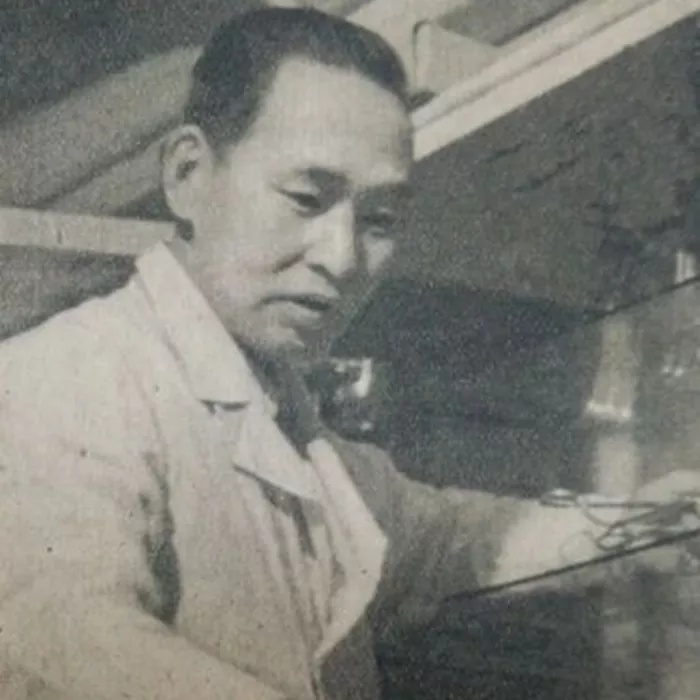
Shūōshi Mizuhara
Shūōshi Mizuhara (1892–1981) was a prominent Japanese poet of the 20th century, known for his evocative and innovative poetry. His work often explored themes of nature, human experience, and philosophical reflection, blending traditional and modern styles. Mizuhara’s poetry, celebrated for its lyrical beauty and emotional depth, contributed significantly to the development of contemporary Japanese literary expression.
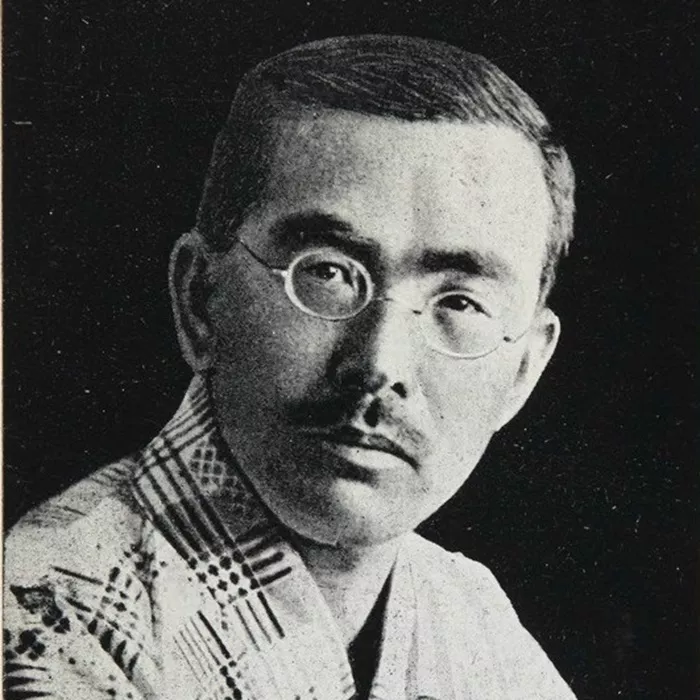
Harukichi Shimoi
Harukichi Shimoi (1883–1954) was a distinguished Japanese poet and scholar of the early 20th century. His poetry, noted for its introspective and nuanced approach, often addressed themes of nature, spirituality, and the human condition. Shimoi’s work, deeply rooted in classical traditions yet innovative in its style, played a crucial role in shaping modern Japanese poetry.
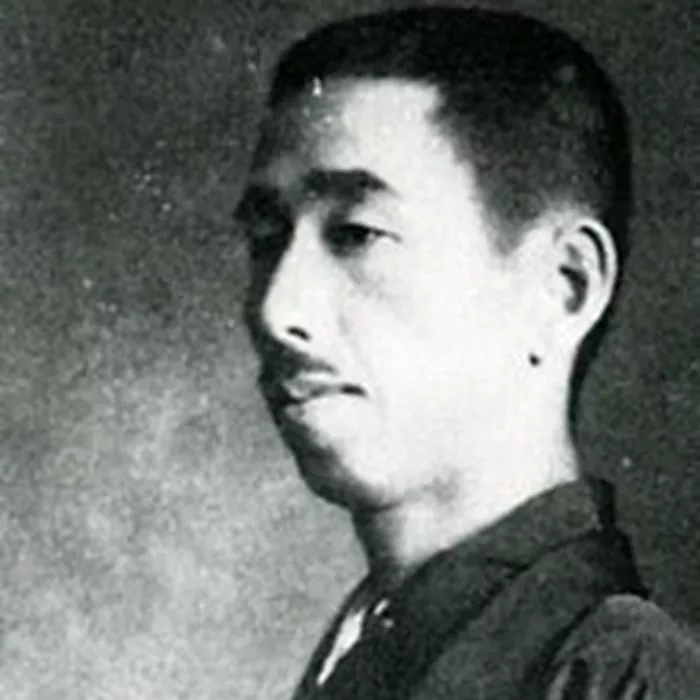
Kinoshita Rigen
Kinoshita Rigen (1886–1925) was a notable Japanese poet and translator known for his contributions to early 20th-century literature. His poetry, characterized by its refined sensibility and emotional depth, often explored themes of nature and human experience. Rigen’s work reflected a deep engagement with both traditional Japanese forms and contemporary literary movements, influencing the poetic landscape of his time.
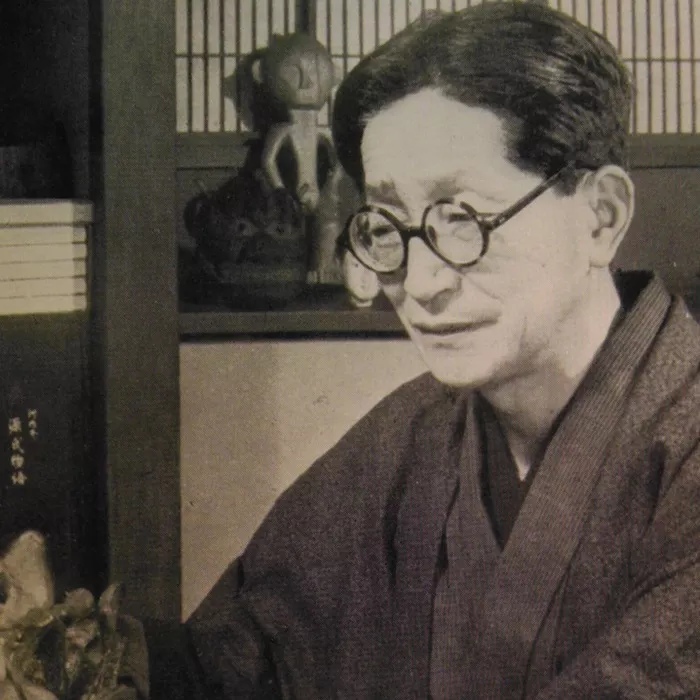
Shinobu Orikuchi
Shinobu Orikuchi (1887–1953) was a celebrated Japanese poet and scholar renowned for his innovative and scholarly approach to poetry. His work, which often delved into themes of nature, mythology, and human experience, was marked by its intellectual depth and creativity. Orikuchi’s contributions helped shape modern Japanese poetry, bridging classical traditions with contemporary perspectives.
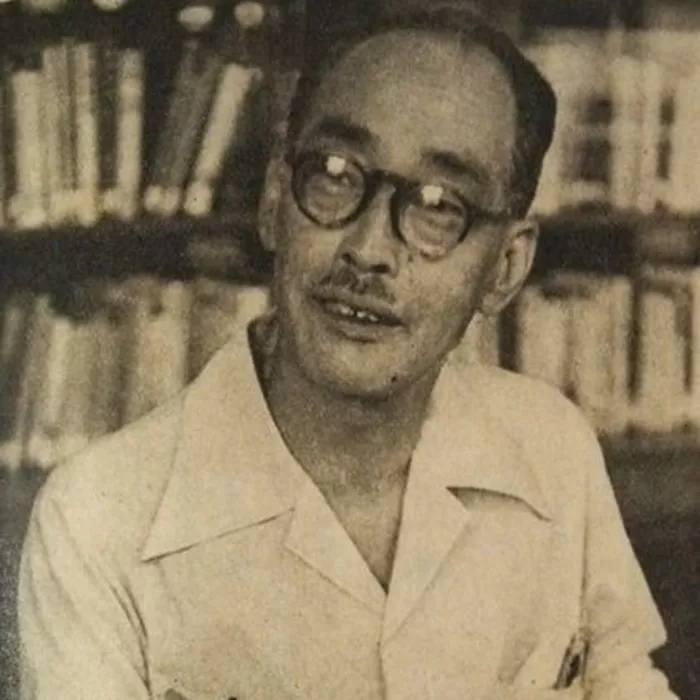
Zenmaro Toki
Zenmaro Toki (1885–1980) was a prominent Japanese poet whose work spanned much of the 20th century. Known for his lyrical and contemplative poetry, Toki’s writing often explored themes of nature, identity, and existential reflection. His innovative style and emotional depth made a significant impact on modern Japanese literature, contributing to the evolution of contemporary poetic forms.
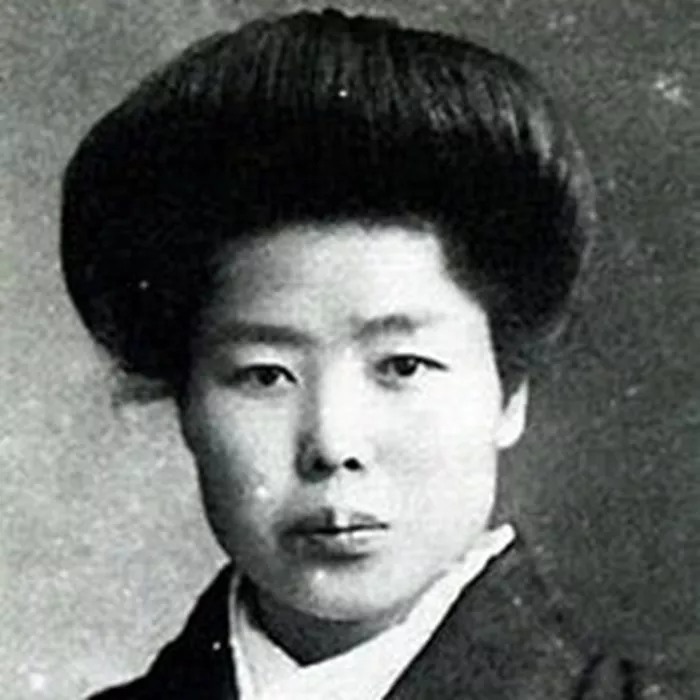
Mitsuko Shiga
Mitsuko Shiga (1885–1976) was an influential Japanese poet of the 20th century, recognized for her delicate and introspective verse. Her poetry, which often focused on themes of nature and personal experience, is celebrated for its emotional resonance and aesthetic refinement. Shiga’s work reflects a profound engagement with both traditional Japanese literary forms and modernist influences.
21st-century Japanese poets like Daisaku Ikeda and Hiromi Itō are known for their innovative styles and exploration of contemporary themes, blending traditional techniques with modern issues to shape Japan’s literary landscape.Here are the famous Japanese poets of the 21th century:
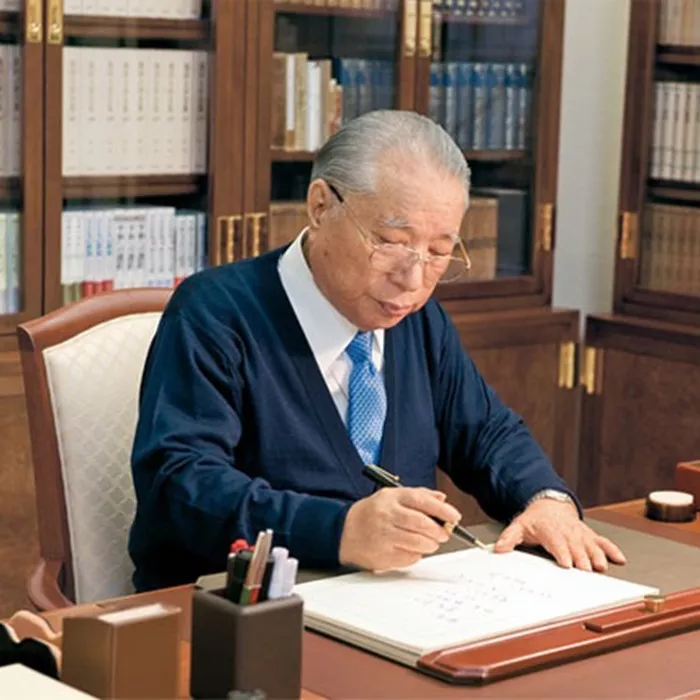
Daisaku Ikeda
Daisaku Ikeda (1928–2023) was a prominent Japanese poet, philosopher, and peace activist renowned for his inspirational poetry and global advocacy for peace and humanism. His work often delved into themes of social justice, personal empowerment, and spiritual growth. Ikeda’s contributions to literature and philosophy were deeply intertwined with his lifelong commitment to promoting world peace and understanding.
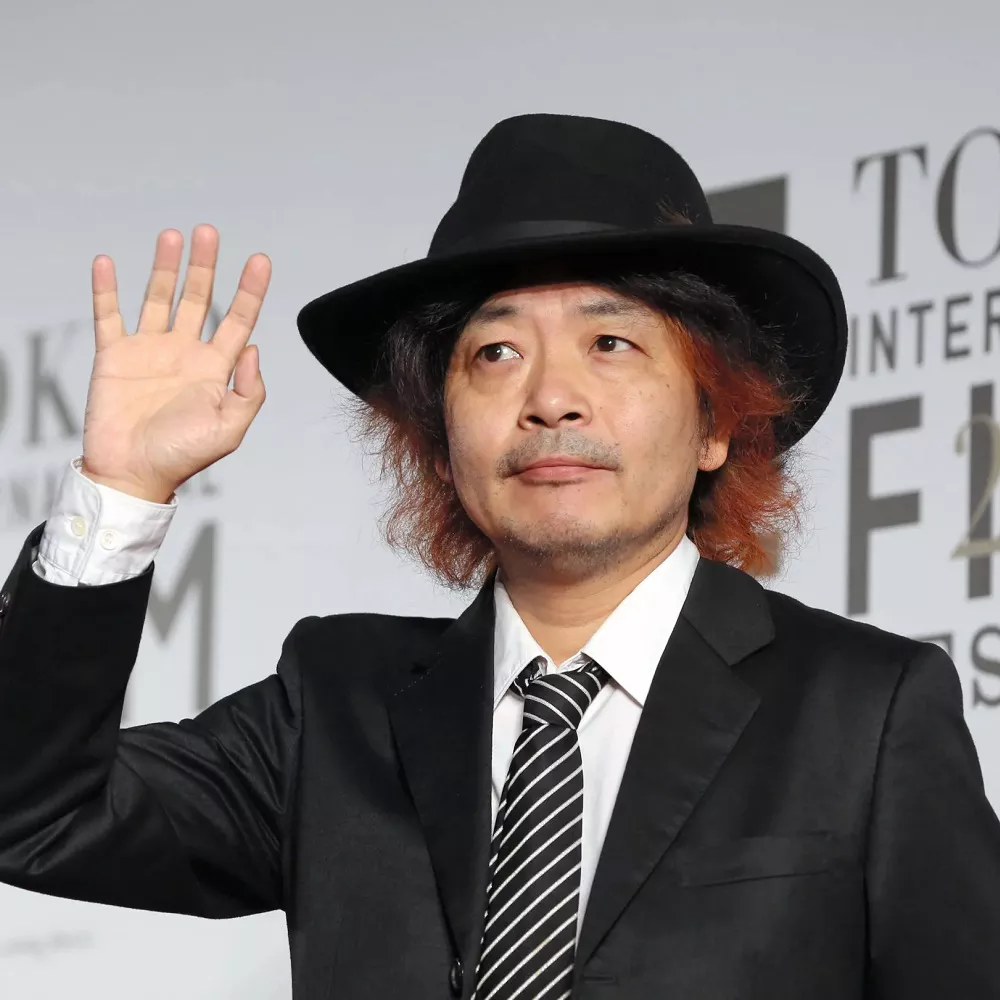
Sion Sono
Sion Sono (1961–) is a contemporary Japanese poet and filmmaker known for his experimental and provocative works. His poetry, often blending surreal imagery with social commentary, reflects his unique artistic vision and engagement with contemporary issues. Sono’s contributions to literature and film showcase his ability to challenge conventional forms and explore complex themes through innovative expression.
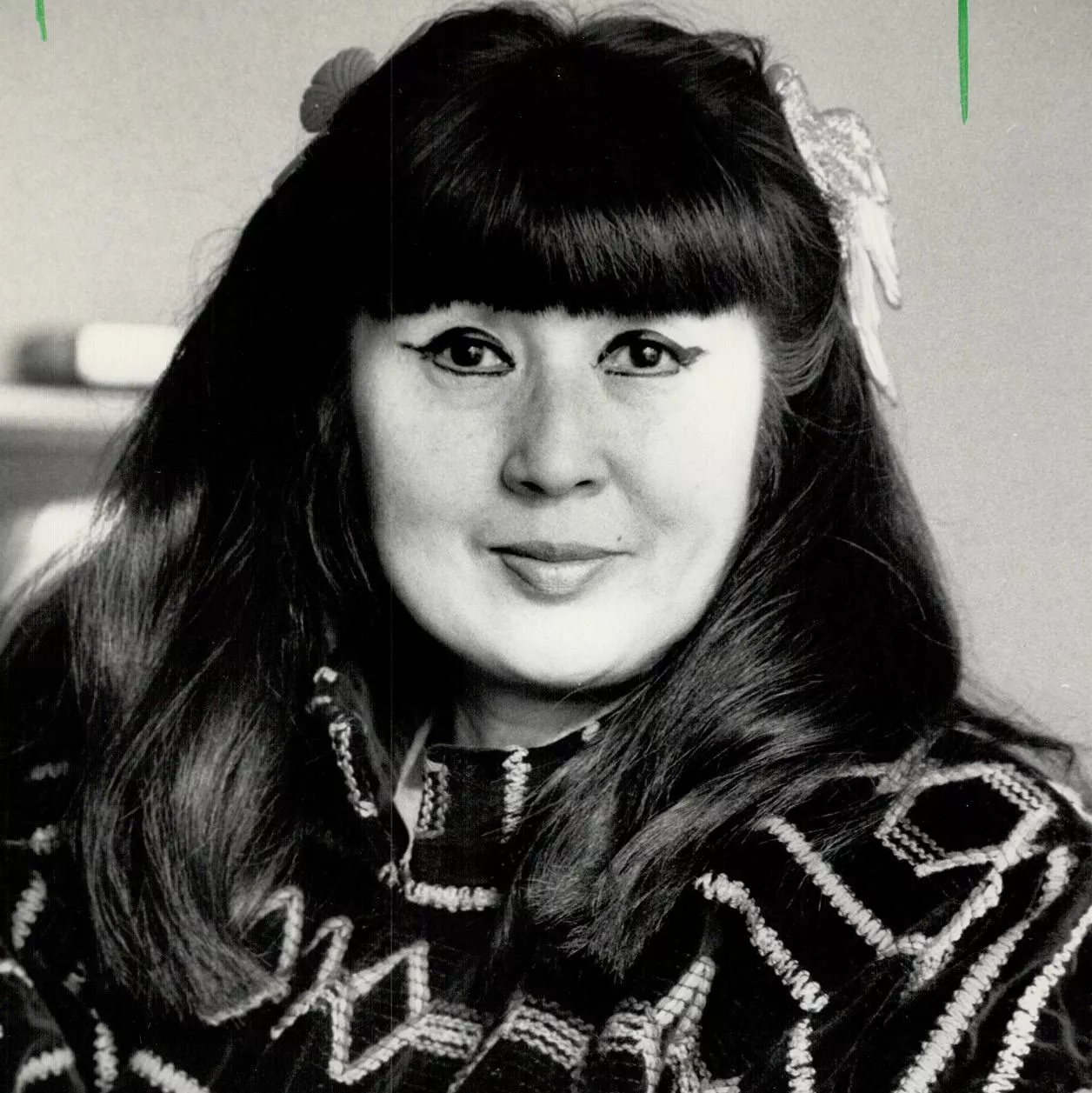
Kazuko Shiraishi
Kazuko Shiraishi (1931–) is a renowned Japanese poet celebrated for her pioneering work in modern Japanese poetry. Her verse, characterized by its lyrical beauty and exploration of personal and cultural themes, has made a significant impact on contemporary literature. Shiraishi’s innovative approach to poetry reflects her deep engagement with both traditional forms and modern sensibilities.
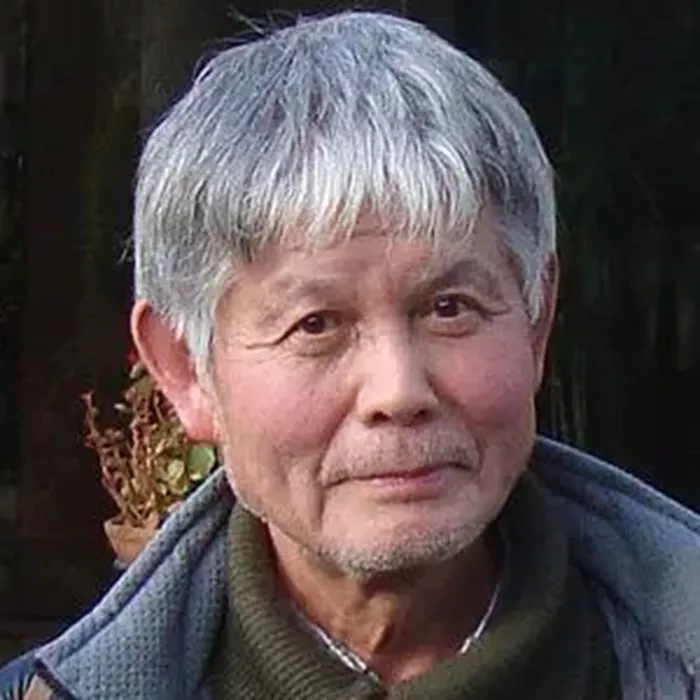
Mutsuo Takahashi
Mutsuo Takahashi (1937–2015) was a leading Japanese poet known for his avant-garde style and complex thematic content. His poetry, marked by its experimental forms and existential reflections, played a crucial role in shaping modern Japanese literature. Takahashi’s work often explored philosophical and emotional depths, influencing contemporary poetic practice with his distinctive voice and innovative approach.
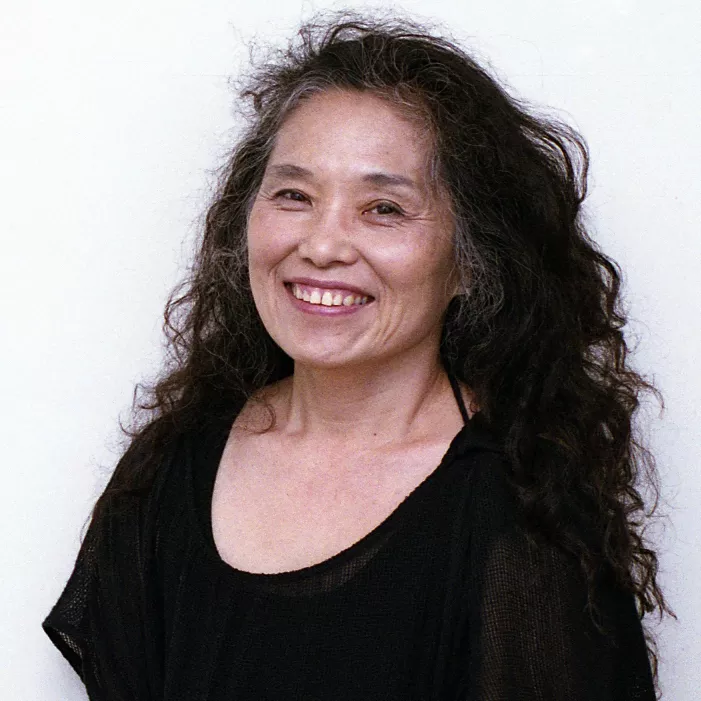
Hiromi Itō
Hiromi Itō (1955–) is a celebrated Japanese poet whose work is known for its bold and often unconventional style. Her poetry, which frequently addresses themes of identity, gender, and societal norms, is characterized by its emotional intensity and innovative language. Itō’s contributions to contemporary Japanese literature reflect her commitment to exploring and challenging cultural boundaries through poetic expression.
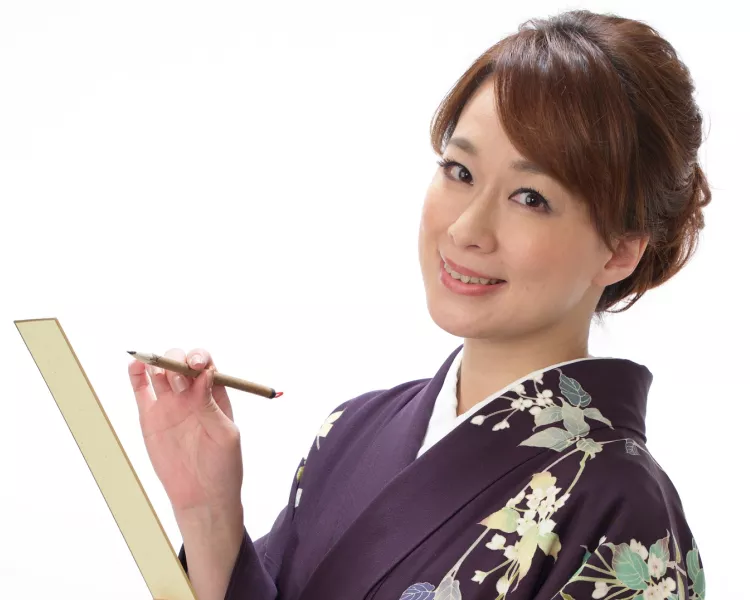
Rie Yasumi
Rie Yasumi (1972–) is a contemporary Japanese poet recognized for her evocative and introspective poetry. Her work often delves into themes of personal experience, nature, and social observation, marked by its lyrical quality and emotional depth. Yasumi’s poetry contributes to the modern Japanese literary scene with its unique voice and thoughtful exploration of contemporary issues.

